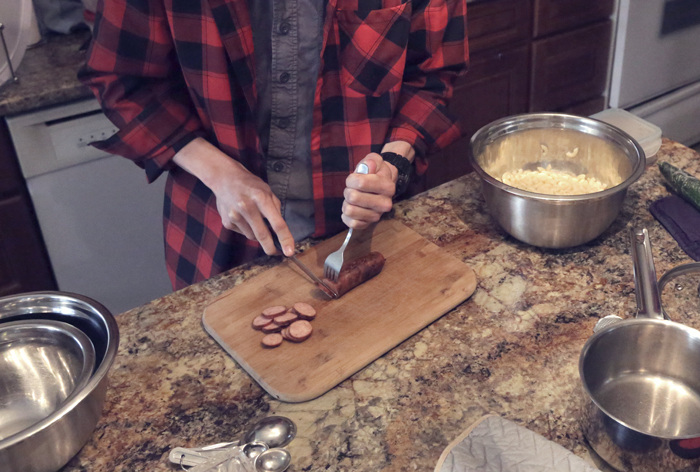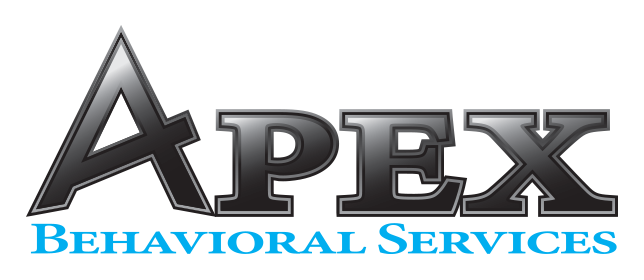
Residential Services
Our goal is to help you meet yours, and when your goal includes independent living, APEX is your supportive partner.
APEX Residential Services Include:
- Residential Habilitation and Support (RHS)
- Community Based Habilitation – Individual Services
- Participant Assistance and Care (PAC)
- Respite Care
Residential Habilitation and Support Services provide up to a full day (24-hour basis) of services and/or supports, which are designed to ensure the health, safety, and welfare of the participant, as well as assist in the acquisition, improvement, and retention of skills necessary to support participants to live successfully in their own homes. These are billable either as:
- RH10 – for Level 1 with 35 hours or less per week of RHS, OR
- RH20 – for Level 2 with greater than 35 hours per week of RHS


Reimbursable Activities for RHS
RHS activities are provided in order to implement the participant’s Individualized Support Plan (ISP). Services include direct supervision, monitoring, and training activities. These help provide:
- Assistance with personal care, meals, shopping, errands, chore and leisure activities, and transportation (excluding transportation that is covered under the Medicaid State Plan).
- Coordination and facilitation of medical and non-medical services to meet healthcare needs, including physician consults, medications, development and oversight of a health plan, utilization of available supports in a cost effective manner, and maintenance of each participant’s health record.
- Assurance that direct service staff members are aware and active individuals in the development and implementation of ISP, Behavior Support Plans, and Risk Plans.

Community Settings are Defined as:
Non-residential, integrated settings that are primarily out in the community where services are not rendered within the same building(s) alongside other non-integrated participants.
Community Based Habilitation - Individual Services:
Community Based Habilitation – Individual are services provided outside of the participant’s home that support learning and assistance in the areas of:
- Self-care
- Sensory/motor development
- Socialization
- Daily living skills
- Communication
- Community living
- Social skills
- Community based activities, which are intended to build relationships and natural supports
Reimbursable Activities:
Community Based Habilitation – Individual Services monitoring, training, education, and support, assist the individual in acquiring and retaining skills through:
- Leisure activities
- Community and public events, such as integrated camp settings
- Educational activities
- Hobbies
- Volunteer opportunities
- Maintaining contact with family and friends
PAC Example of Activities:
Example of Activities Include but are Not Limited to the Following:
- Assistance with personal care, meals, shopping, errands, scheduling appointments, chores and leisure activities (excluding the provision of transportation)
- Assistance with mobility—including but not limited to transfers, ambulation, use of assistive devices
- Assistance with correspondence and bill paying
- Escorting the participant to community activities and appointments
- Supervision and monitoring of the participant
For peace of mind, supportive supervision and monitoring help ensure the health, safety and welfare of the PAC participant.
Enhancing Life by Enriching Relationships
Additionally, the Community Based Habilitation – Individual services include community-based activities—outings which help the individual build relationships and natural supports. Natural supports are the relationships we experience in daily life. Family members, friends, neighbors, co-workers, classmates, teammates, and even acquaintances, are among those who are considered natural supports. As social skills develop through relationship-building processes, the natural support systems within an individual’s network strengthen and flourish.
Participant Assistance and Care (PAC)
PAC services through APEX enable participants with intellectual/developmental disabilities to remain and live successfully in their own homes, function and participate in their communities and avoid institutionalization. PAC services support and enable the participant in activities of daily living, self-care, and mobility with the hands-on assistance, prompting, reminders, supervision and monitoring needed to ensure the health, safety and welfare of the participant. An APEX Direct Support Professional assists the individual in these activities.
PAC Reimbursable Activities
Activities may include any task or tasks of direct benefit to the participant that would generally be performed independently by persons with intellectual/developmental disabilities or by the family members for or on behalf of persons with intellectuals/developmental disabilities.

Respite Care
Respite can be defined as a period of rest. Our Respite Care service allows the primary care giver to focus on their own needs, worry-free. An APEX Direct Support Professional supervises the participant, while the care giver steps away to run errands, go to an appointment, or simply take a break. This temporary relief service is for the unpaid person who normally provides the care. Respite Care may be provided in these settings:
- Participant’s home or primary place of residence
- The respite care giver’s home
- A camp
- A Division of Disability and Rehabilitative Services (DDRS) approved day habilitation facility
- Non-private residential setting, such as a respite home

Respite Care Reimbursable Activities:
- Assistance with feeding
- Assistance with daily living skills, including assistance with accessing the community and community activities
- Assistance with grooming and personal hygiene
- Meal preparation, serving, and cleanup
- Administration of medications
- Supervision
